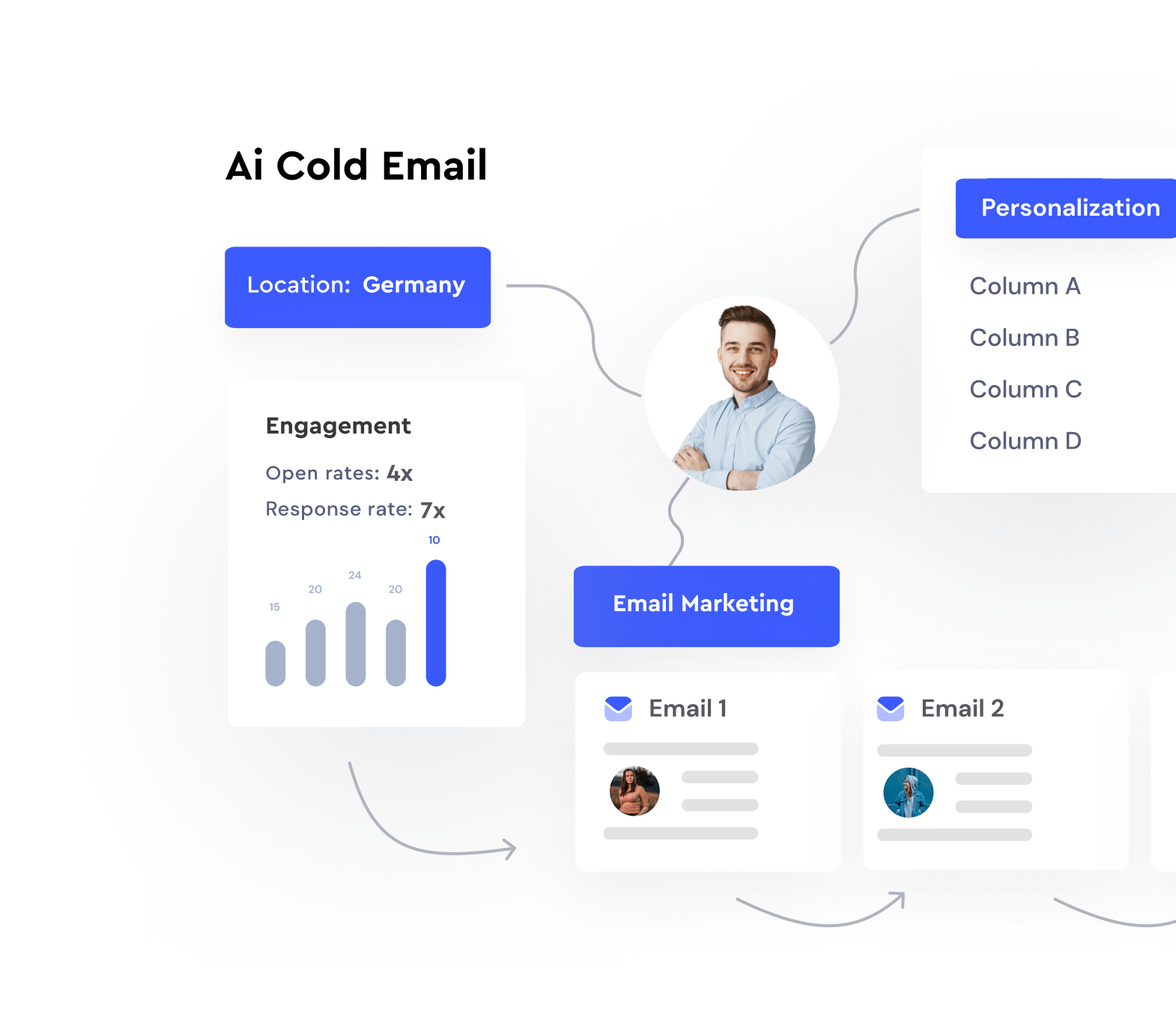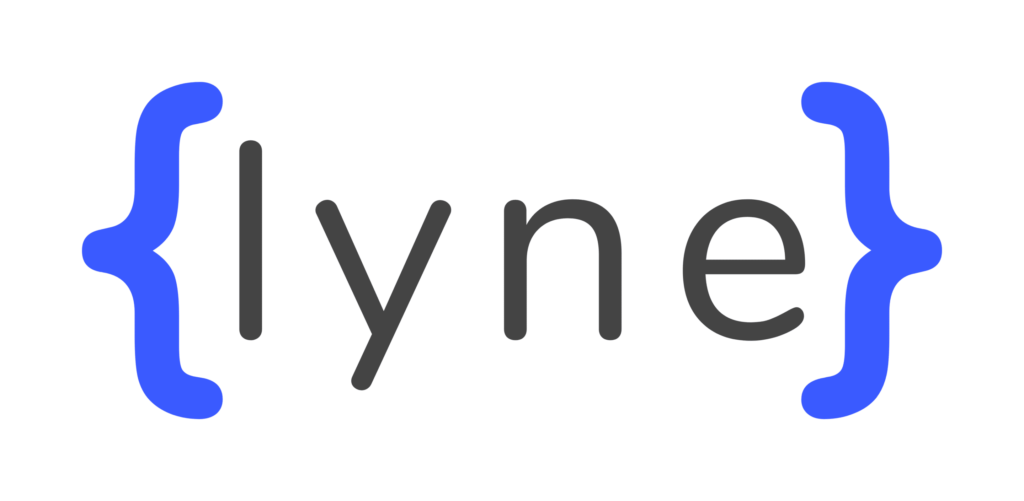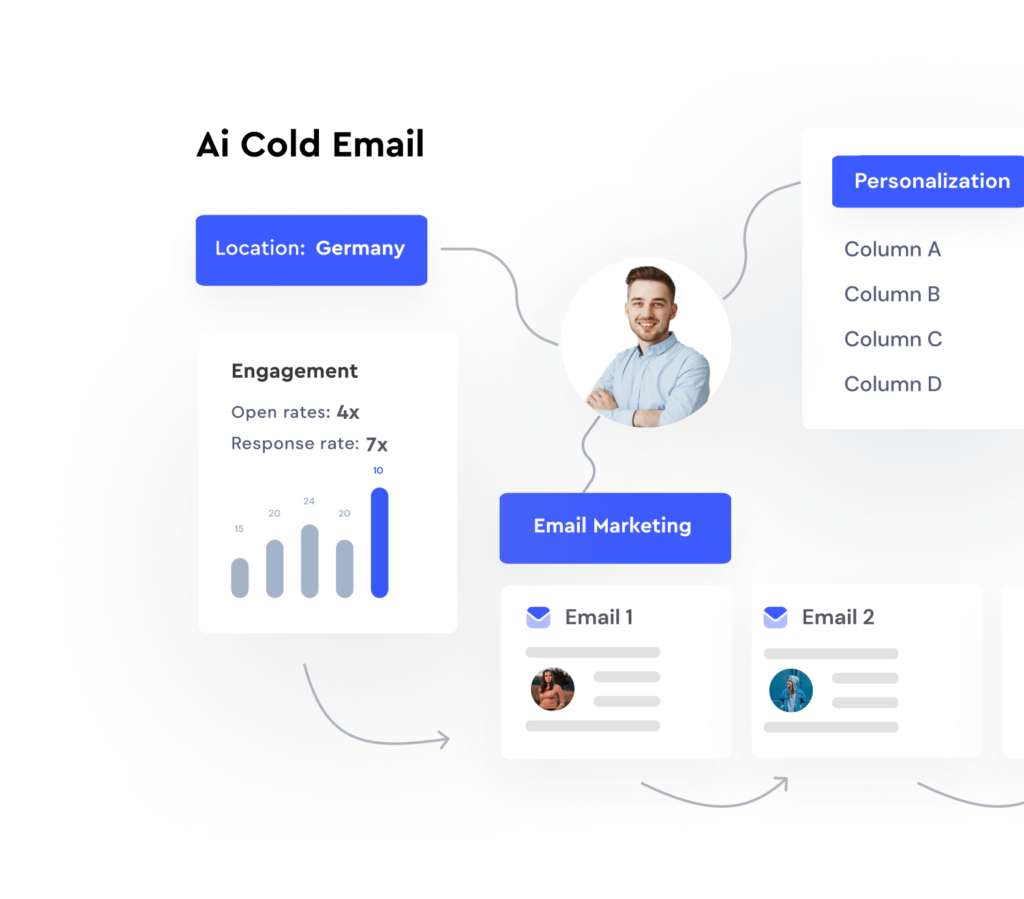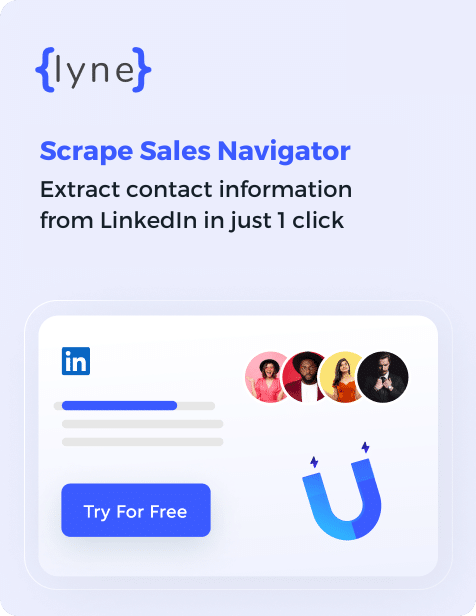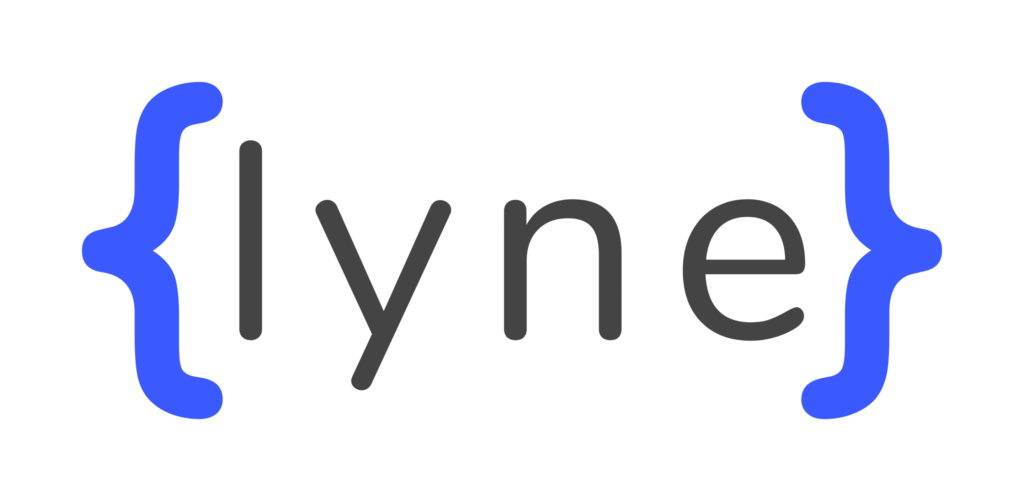What Is A Discovery Call: Why You Shouldn’t Skip This Step
Updated: December 19, 2021
Contents
A discovery call is a meeting between the client and the service provider. It’s an opportunity for them to find out more about each other, what they do, and how they might be able to work together.
The discovery call is important because it lays down the foundation for how you both work together. This way, expectations are set up front and you’re less likely to be disappointed later on as your project progresses.
Here’s why you shouldn’t skip this step with your next client:
You can get valuable feedback early on in the process, before money has been spent
You can set ground rules and identify potential problems
You will be able to find out if there’s
Why you need a discovery call
The discovery call is an opportunity for people to find out more about each other, what they do, and how they might be able to work together. It’s an opportunity to set up ground rules, identify potential problems, and get valuable feedback.
When should you have a discovery call?
You should have a discovery call with a potential client as soon as possible. The sooner you have the call, the more information you’ll have about each other and what you’ll need to do to work together. It’s not a requirement to have a discovery call, but it’s an important step in setting up your project.
When should you have a discovery call? You should have one before you start any work on the project. So, the sooner you can talk with your potential client, the better.
A discovery call can be done over the phone or in person. Some services, like web design, are easier to talk about via phone or video chat. Other services may require more in-person conversation to get the details down.
It’s also helpful to have a discovery call before you start work on your project. That way, you’ll know what kind of information to gather up front and what questions to ask your potential client. You can find out more about what they do and how they want to work with you.
This way, when your project starts, your expectations are set up front and you’re less likely to be disappointed later on. When it comes time for your project to start, you’ll know what to expect
What to do during a discovery call
The discovery call will vary depending on the kind of work you’re doing. However, there are some steps that are universally beneficial for all clients.
The first step is to determine the scope of the work. You’ll want to find out what the client expects to get out of the work. What are the goals of the project? What are the parameters of the work?
Next, you’ll want to find out who will be involved in the project. Is there a budget for this project? Who is the final decision maker? How often will you be meeting with the client to talk about progress?
Then, you’ll want to discuss timelines. When do they want to start? How soon do they want to see results? What is the timeline of this project?
The last thing to discuss is what you need from them. This includes both specifically what you need from them, but also what information they need from you. You’ll want to set expectations for what will happen if there are delays, if they don’t provide what you need, or if you need more information.
It’s always a good idea to have a list of questions for yourself during your discovery call. This way, you’re prepared for all kinds of situations and
How to make the most of your discovery call
The discovery call is the first point of contact with the client. This is your chance to make a good first impression.
A client can usually tell within the first five minutes of the call whether they want to work with you.
Here are some tips on how to make the most of your discovery call:
Find out what the client is looking for
Get to know your client
Define your work
Get feedback on your previous work and ensure that you’re on target with what the client is looking for
Questions to ask during a discovery call
What is the goal of your project?
What is your budget?
How will this project affect your daily life?
What are your biggest challenges?
What is your timeline?
Do you have a team? How many people?
Do you have any questions for us?
Conclusion
a good match between you and the client. You will be able to see if you have compatible styles and whether or not the people you will be working with are a good fit for your company.If it sounds like something worth investing in, there are a few things to keep in mind when setting up a discovery call:
Make clear what exactly you do and what kind of project you’re looking for
Be specific about the length of the call, how it will work, and what your goal is
Know what you want to accomplish at the end of the call
Be flexible in your approach
Don’t rush it
Try to stick within certain boundaries when discussing what you can offer

Personalize cold emails at scale without the hard work
Personalize at Scale with Lyne.ai
Lyne offers sales personalization and automation at scale
